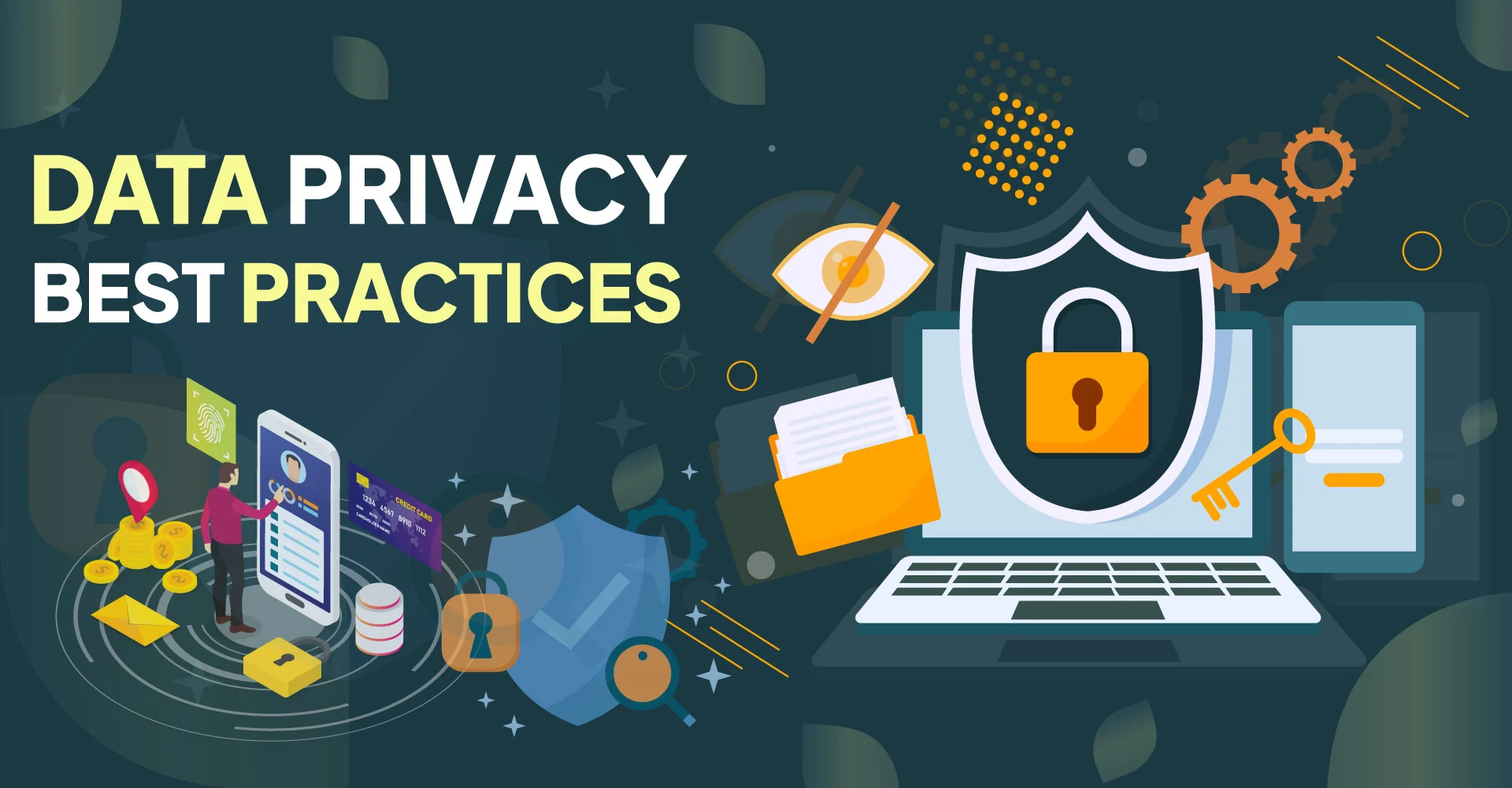Data Privacy Best Practices for Businesses: What You Need to Know
In today’s interconnected world, data is often referred to as the new oil. It’s a valuable resource that fuels businesses, drives decision-making, and enables personalization of services. However, with great data comes great responsibility, and that’s where data privacy best practices for businesses come into play.
Data privacy encompasses the protection of personal information and ensuring that it is handled ethically, securely, and in compliance with relevant laws and regulations. In the digital age, where data breaches and privacy scandals make headlines regularly, businesses cannot afford to overlook the importance of data privacy. Here’s a detailed look at why it matters and what businesses need to know.
- Understanding Data Privacy Laws
Data privacy regulations have evolved significantly in recent years. The recently released Digital Personal Data Protection Act 2023 in India, European Union’s General Data Protection Regulation (GDPR), which came into effect in 2018, set a global benchmark for data protection. Similarly, the California Consumer Privacy Act (CCPA) introduced comprehensive privacy rights for Californians. These laws impose strict obligations on businesses regarding how they collect, process, and protect personal data.
One of the foundational principles of these laws is the concept of consent. Businesses must obtain clear and informed consent from individuals before collecting and processing their data. Furthermore, individuals have the right to access their data, request its deletion, and be informed about how their data is being used.
- Limiting Data Collection
Collecting data indiscriminately is a common mistake made by businesses. It’s crucial to limit data collection to what is necessary for legitimate business purposes. The more data you collect, the greater the responsibility to protect it.
Start by identifying what data you truly need. Avoid collecting data just because it’s available. For instance, if you run an e-commerce website, you may need customer names and shipping addresses, but do you really need to know their birthdays or other sensitive information?
- Securing Data Storage
Data breaches can be catastrophic for businesses. Not only can they result in significant financial losses, but they can also damage a company’s reputation and erode customer trust. That’s why securing data storage is paramount.
Invest in robust cybersecurity measures, including encryption, access controls, and regular security updates. Encryption, in particular, ensures that even if unauthorized individuals gain access to your data, it remains unintelligible to them. Access controls ensure that only authorized personnel can access sensitive data.
- Employee Training
Data privacy is not just an IT issue; it’s everyone’s responsibility within the organization. Employees need to be educated about the importance of data protection and their role in maintaining it. Training should cover best practices, data handling procedures, and how to recognize and report potential security threats.
Employees should also be made aware of the consequences of data breaches, both for the organization and individuals affected. Training can go a long way in creating a culture of data privacy within the company.
- Data Transparency
Transparency builds trust. Businesses should be open and honest with their customers about the data they collect and how it’s used. This information should be presented in a clear and accessible manner, such as through a privacy policy.
Obtaining explicit consent for data processing when required is essential. Customers should have the option to opt in or opt out of data collection and processing activities. Providing clear choices empowers individuals to make informed decisions about their data.
- Data Minimization
Data minimization is the practice of collecting and retaining only the data that is necessary for a specific purpose. It’s closely tied to the principle of limiting data collection. By only collecting what you need, you reduce the potential risks associated with storing excessive data.
Implementing a data minimization strategy involves regularly reviewing and deleting data that is no longer needed. This not only reduces the data security risks but also helps businesses stay in compliance with data privacy regulations.
- Incident Response Plan
No matter how well you protect your data, there’s always a possibility of a security breach. Therefore, having a well-defined incident response plan is critical. This plan should outline the steps to take in the event of a data breach and should include provisions for notifying affected individuals and regulatory authorities, as required by law.
Swift and transparent communication during a data breach can make a significant difference in how a business is perceived by its customers and stakeholders.
- Regular Audits
Data privacy compliance is not a one-time effort; it’s an ongoing process. Regular privacy audits and assessments are necessary to ensure that your data privacy practices remain effective and compliant. Audits can help identify vulnerabilities and areas for improvement.
These audits should encompass all aspects of data handling, from data collection and storage to access controls and employee training. It’s an opportunity to identify weaknesses and address them proactively.
- Vendor Management
Many businesses rely on third-party vendors or service providers who handle customer data on their behalf. It’s essential to vet these vendors and ensure that they also adhere to data privacy standards. Contracts with vendors should include data protection clauses, outlining their responsibilities in safeguarding data.
- Staying Informed
The field of data privacy is constantly evolving. New laws and regulations are introduced, and best practices change to adapt to emerging threats. Businesses must stay informed about these developments and be ready to adjust their policies and procedures accordingly.
In conclusion, data privacy is not merely a compliance checkbox; it’s a fundamental aspect of responsible business operations. Failing to prioritize data privacy can lead to legal consequences, reputational damage, and financial losses. Conversely, businesses that adopt robust data privacy best practices can build trust with customers, enhance their reputation, and thrive in an increasingly data-driven world. By understanding the principles of data privacy and implementing them diligently, businesses can protect both themselves and the individuals whose data they handle.




